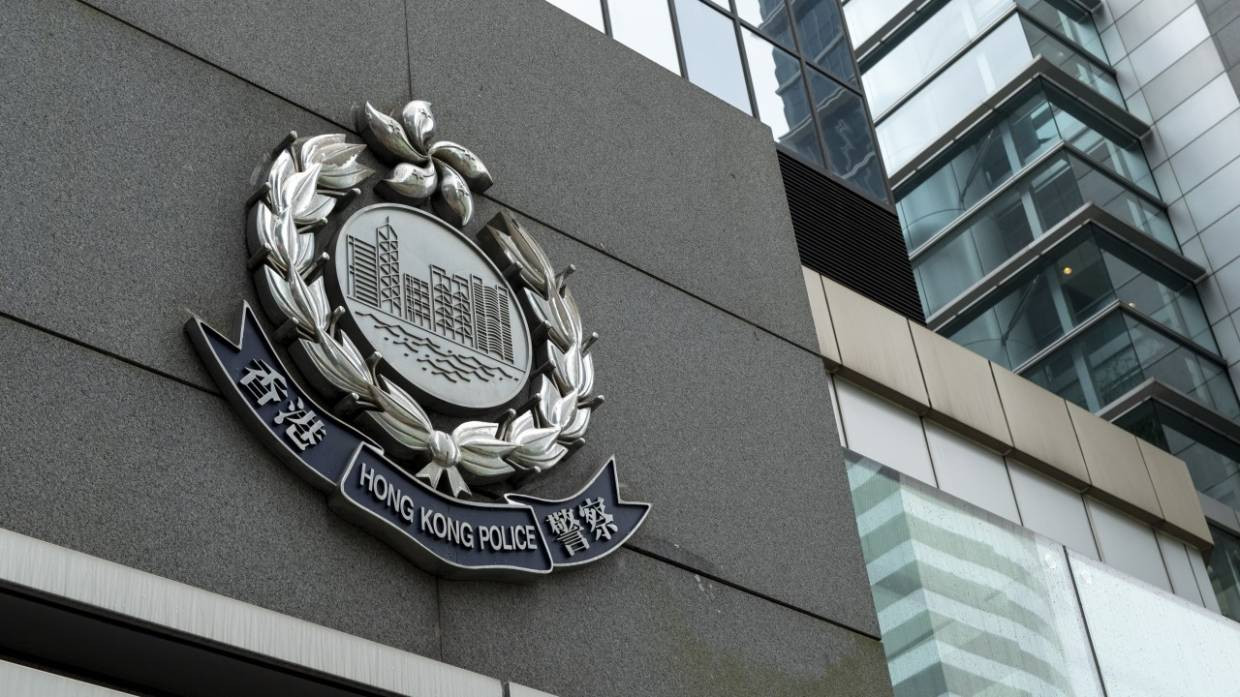
Scammers Laundered Over $1 Billion Through Hong Kong Banks Last Year
A report in the South China Morning Post describes how the Hong Kong police force’s anti-fraud squad intercepted nearly HK$3.07 billion (USD 400 million) out of a total of HK$8.3 billion that was defrauded from local and international victims of various romance scams, commercial email fraud, and investment swindles. Unfortunately, the crooks managed to hang on to the remaining HK$5.26 billion (USD 680 million) which they laundered through thousands of Hong Kong bank accounts.
The criminals apparently recruited people from mainland China and other countries to set up accounts in Hong Kong banks or paid locals to use their accounts to launder the money. Last month, seven current and former Hong Kong bankers were arrested as part of an international money-laundering syndicate. That ring is alleged to have laundered HK$6.3 billion over a four-year period through business accounts set up by 16 people for that purpose.
In 2019, Hong Kong police worked with Interpol to establish a stop-payment mechanism so they could track down illicit funds across international borders. As of December 2020, the joint program has frozen overseas accounts with about HK$48 million that was scammed from Hongkongers. The biggest Interpol case involved a Hong Kong clinic that was conned by a phony mask supplier into transferring HK$20 million to 14 bank accounts across a number of countries. The anti-fraud squad managed to recover HK$15 million.
In 2020, a U.S.-based company made a US$60 million stop-payment request after falling for a scam and transferring that amount into a Hong Kong bank account. The anti-fraud force managed to intercept the entire amount in that case.
Fortunately for some, police and alert bank employees were able to stop more than 360 people from being swindled. Law enforcement emphasized the need for bank employees to be trained to look for suspicious activity, particularly among vulnerable elderly customers who too often fall prey to phone and email scams.
Other statistics demonstrate the need to step up training among bank personnel in the areas of money laundering and fraud prevention. For example, reports of investment fraud have tripled since 2019 and romance scams have nearly doubled.